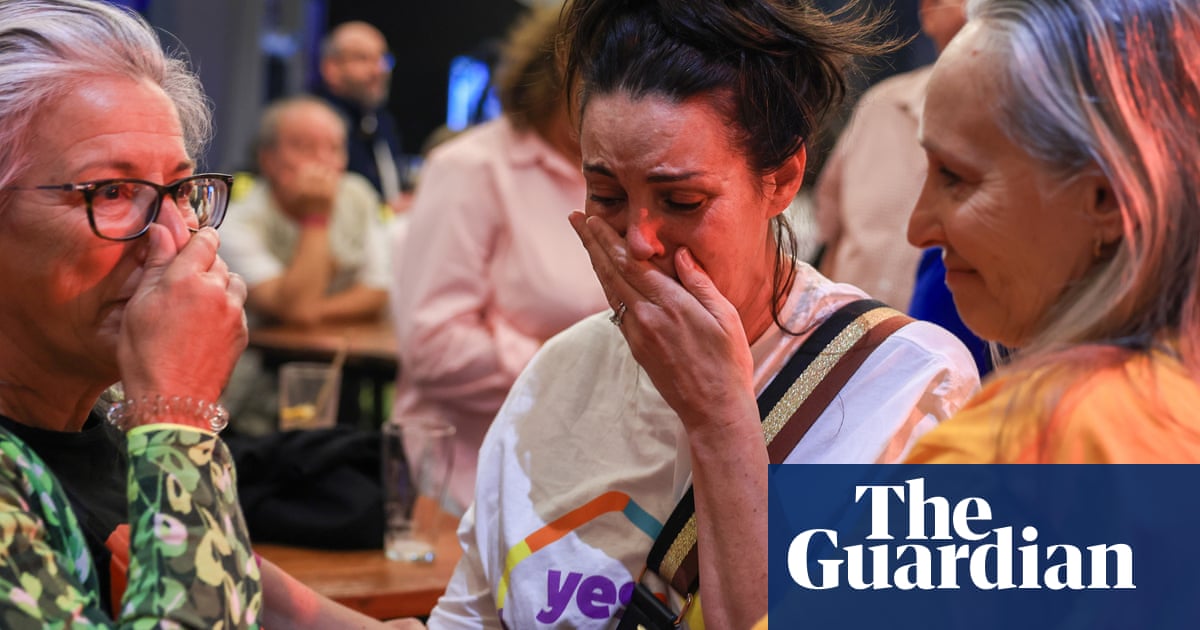- cross-posted to:
- [email protected]
- cross-posted to:
- [email protected]
Australians have resoundingly rejected a proposal to recognise Aboriginal people in its constitution and establish a body to advise parliament on Indigenous issues.
Saturday’s voice to parliament referendum failed, with the defeat clear shortly after polls closed.



There’s a good breakdown on the whole thing here: https://www.theguardian.com/australia-news/2023/oct/13/what-is-the-indigenous-voice-to-parliament-australia-when-referendum-2023-explained-yes-no-campaign-wording
The recognition aspect was basically the creation of an advisory body to the government with members selected from indigenous groups. The idea being that the govt has historically poorly managed indigenous issues so by having them directly advising govt there should be better policy outcomes
In retrospect they really should have set it up first and let it run for a bit before they tried to put it in the constitution.
Yeah, but they didn’t have time for that in this election cycle. Fuck I hate it when progressives play the conservative handbook, follow fuck ups become fuck ups.
Went for a slam dunk but didn’t tie their laces.
deleted by creator
The context is important here - Australia had a continuous indigenous population for over 60,000 years before white settlement. White Australia never had an agreement with indigenous peoples at large, and through relentless expansion of colonies, spreading diseases like smallpox, introducing alcohol and drugs, forcibly abducting and schooling children, heavy incarceration and a slew of other typical British colonial shit ended up leaving them disenfranchised, alienated, and excluded. Indigenous Australians prior to colonisation had a deep affinity with the land and tended it like custodians, but because they didn’t build towns or farm like Europeans, they were just swept aside without ever really being acknowledged or addressed.
The Voice was asked for as a product of the Uluru Statement of the Heart - not long, worth a read- https://ulurustatement.org/the-statement/view-the-statement/
It was really first and foremost about having an acknowledgement that maybe, just maybe, the settlers cocked things up and that it’d better to fix things together. It’s not asking for anything “more” or extra, it’s about correctly telling history and reframing our national dialogue to be coming from a place of partnership, instead of colonialism, so we could fix some of the very real issues modern Australians face as a result of hundreds of years of callous racism. It was a chance for white Australia and government to really listen and maybe find better ways of doing things.
But now instead we get to try to explain to our kids why 60% of the country don’t think representation or inclusion matters while indigenous Australians will continue to struggle without a government that can listen to them.
deleted by creator
You are correct except for calling the white colonizers “settlers”.
Settlers in this context typically means immigrants who came over after Australia became a British colony. Usually non-white but there are plenty of Scottish and Irish families who are settlers because of the whole British enslaving them part.